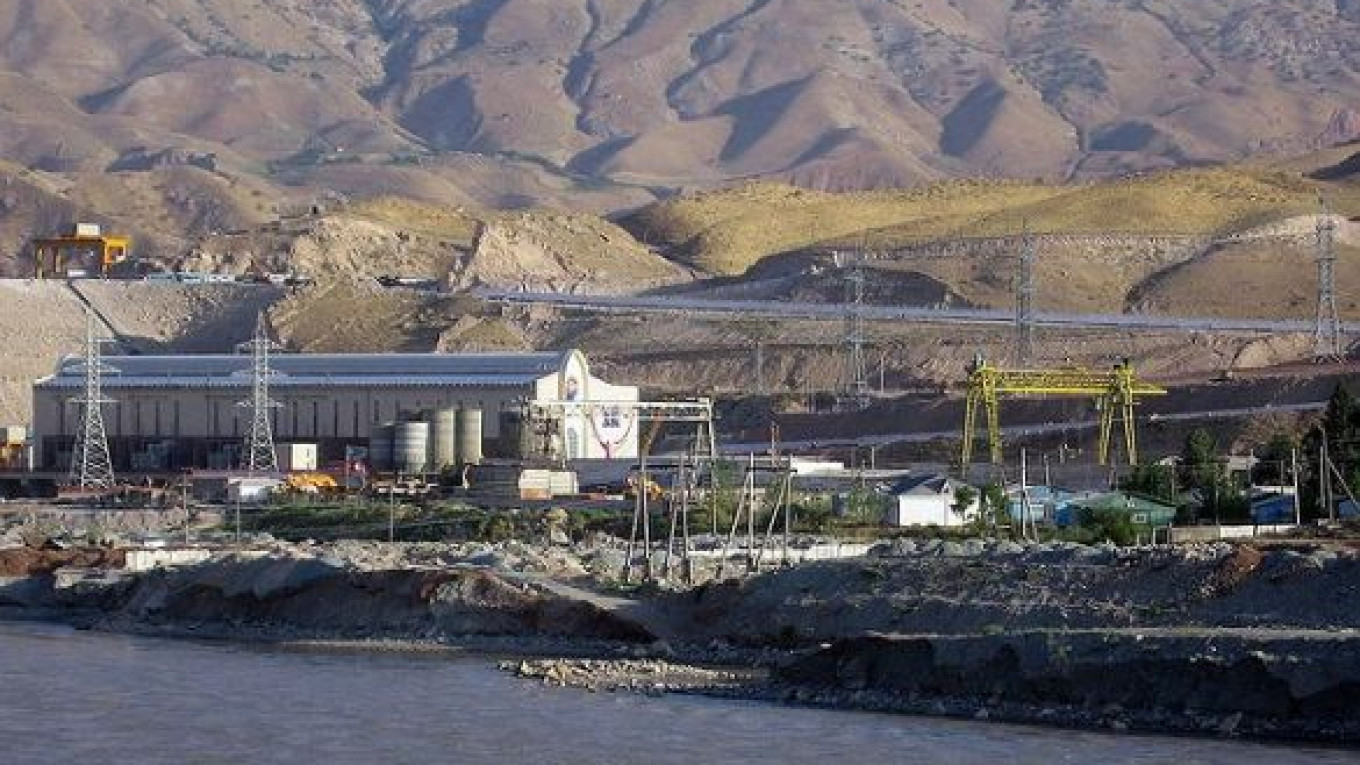A government commission agreed to establish a state corporation to turn locals away from drug smuggling by developing economic projects in Central Asia, said Viktor Ivanov, head of the Federal Drug Control Service.
Ivanov, a member of President Vladimir Putin’s inner circle, said at a news conference Friday that he had proposed creating the corporation. He said it would be able to stimulate economic growth in poor Central Asian countries and provide employment for thousands of locals, many of whom turn to drug smuggling to make ends meet.
“Using only police methods doesn’t bring required results,“ Ivanov told Kommersant, referring to efforts to fight drug trafficking.
Central Asia consists of the former Soviet republics of Uzbekistan, Tajikistan, Kyrgyzstan and Turkmenistan, which are relatively impoverished, and Kazakhstan, which is seen as a local economic tiger.
Ivanov, who was a deputy presidential chief of staff in 2000-04, said the project would need 2 billion rubles ($63.9 million) as starting capital.
The decision to create the corporation was approved at a government commission meeting April 17. The commission sent its proposals to the Finance Ministry and Economic Development Ministry for consideration, Ivanov said.
He said 51 percent of the corporation would be directly owned by the government, while the remaining shares would be given to state companies like RusHydro, Rosneft and Rusnano.
According to the Federal Drug Agency, the new corporation will invest in energy, natural resource and water projects and take part in training personnel in Central Asian countries, the main source of immigration to Russia.
Federal Drug Agency experts said the creation of the corporation would reduce the threat of drug smuggling from Afghanistan to Russia by 25 percent.
Most of the drugs come to Russia through Tajikistan, according to both government and independent experts. They also believe Ivanov’s proposal might help solve the drug trafficking problem if it is aggravated by the withdrawal of U.S. troops from Afghanistan in 2014.
Russia has recently indicated that it is ready to put pressure on Tajikistan on immigration issues. Deputy Prime Minister Dmitry Rogozin and Chief Sanitary Official Gennady Onishenko said last week that trains traveling from Dushanbe to Moscow did not meet health standards.
Russia-bound trains from Tajikistan are often used by smugglers, drug enforcement officials said earlier. Rogozin has described the trains as a “threat to the nation’s health.”
Putin ordered the Federal Migration Service last December to require immigrants from Central Asia to present their foreign passports when traveling to Russia. Currently, they are allowed to come with their domestic passports.
In the past, Russian companies have also sought to gain a foothold in Central Asia. One of the major Russian projects in the region is the Sangtudinskaya hydropower plant, which is controlled by power company Inter RAO UES.
Contact the author at a.bratersky@mail.ru
A Message from The Moscow Times:
Dear readers,
We are facing unprecedented challenges. Russia's Prosecutor General's Office has designated The Moscow Times as an "undesirable" organization, criminalizing our work and putting our staff at risk of prosecution. This follows our earlier unjust labeling as a "foreign agent."
These actions are direct attempts to silence independent journalism in Russia. The authorities claim our work "discredits the decisions of the Russian leadership." We see things differently: we strive to provide accurate, unbiased reporting on Russia.
We, the journalists of The Moscow Times, refuse to be silenced. But to continue our work, we need your help.
Your support, no matter how small, makes a world of difference. If you can, please support us monthly starting from just $2. It's quick to set up, and every contribution makes a significant impact.
By supporting The Moscow Times, you're defending open, independent journalism in the face of repression. Thank you for standing with us.
Remind me later.






